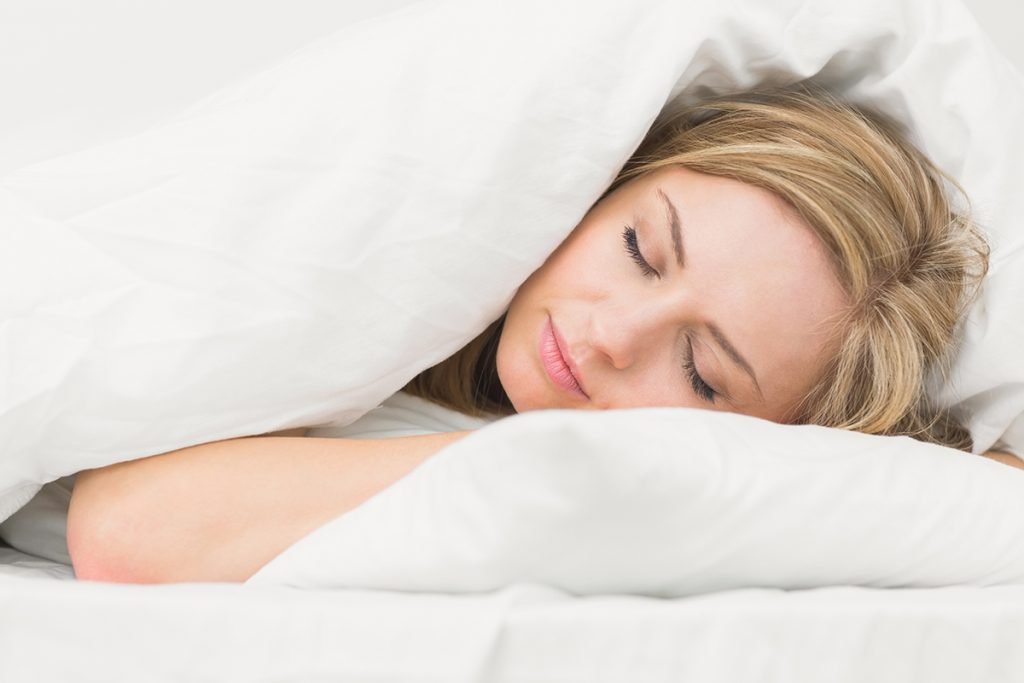
8. Poor sleep is linked to increased inflammation
Insufficient sleep can significantly affect the body’s inflammatory response.
Our central nervous system is greatly regulated by sleep. It specifically affects the sympathetic nervous system and the hypothalamic-pituitary-adrenal (HPA) axis, two stress-response systems.
Sleep deprivation, particularly sleep disruption, is known to activate inflammatory signaling pathways and increase levels of harmful inflammation indicators such interleukin-6 and C-reactive protein.
Numerous chronic illnesses, including as obesity, heart disease, certain forms of cancer, Alzheimer’s disease, depression, and type 2 diabetes, can develop over time as a result of chronic inflammation.
9. Affects emotions and social interactions
Losing sleep makes it harder to control your emotions and communicate with others.
We struggle more when we’re exhausted to regulate our public displays of emotion and conduct. We may be less able to respond to comedy and demonstrate empathy when we are tired.
Additionally, those who consistently lack sleep are more inclined to withdraw from social gatherings and feel lonely.
Making sleep a priority might help you become more social and enhance your connections with others.
Never be reluctant to ask a friend, family member, or healthcare provider for help if you experience loneliness or emotional outbursts. View the resources on this list to learn more.
Lack of sleep can be dangerous
For both you and other people, not getting enough sleep may be risky.
Our capacity to concentrate on activities, our reflexes, and our response times all suffer when we are sleepy. In fact, having a significant lack of sleep is similar to drinking too much alcohol.
According to the Centers for Disease Control and Prevention (CDC), 1 in 25 drivers have dozed off behind the wheel. Less than six hours of sleep the night before increased the risk of falling asleep behind the wheel.
According to a 2018 research, the probability of causing an automobile collision was 1.3, 1.9, 2.9, and 15.1 times greater, respectively, for persons who slept for 6, 5, 4, or less than 4 hours. According to this study, each hour of sleep deprivation greatly raises your chance of being in an automobile accident.
Additionally, according to the CDC, remaining awake for longer than 18 hours is equivalent to having a blood alcohol level (BAC) of 0.05%. This grows to 1.00% after 24 hours, which is too high to drive.
Lack of sleep may raise the risk of occupational injuries and mistakes in addition to the dangers related with driving.
Overall, sound sleep is essential for everyone’s safety.








